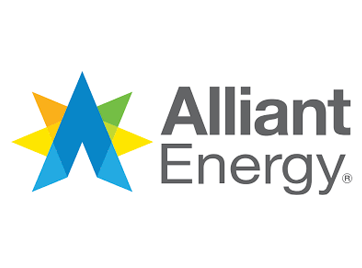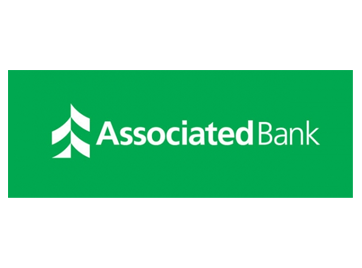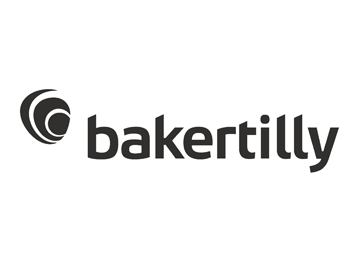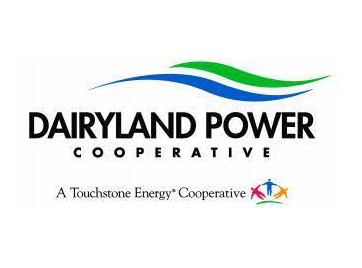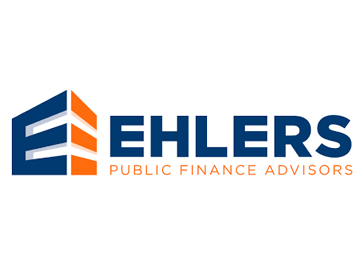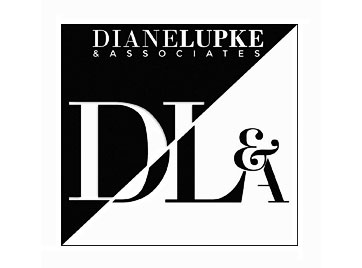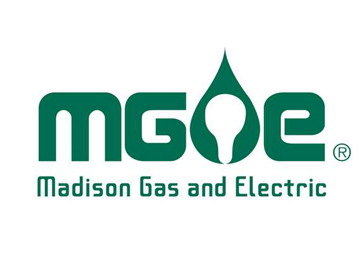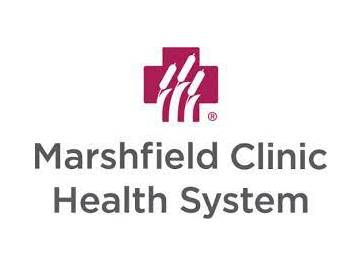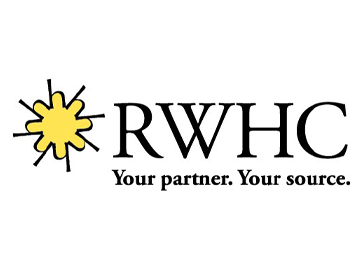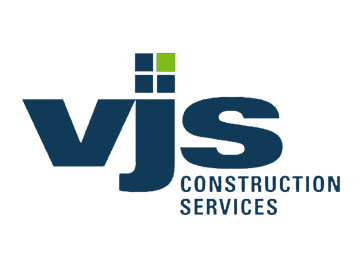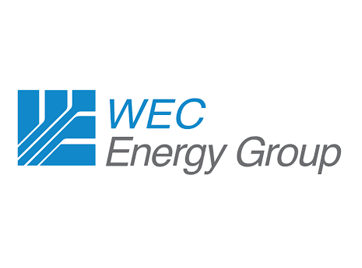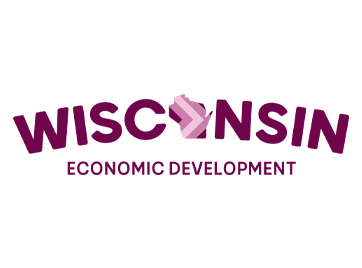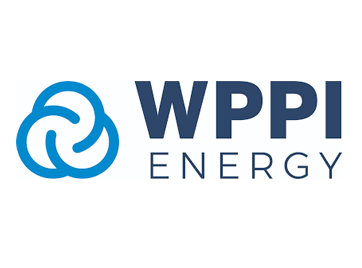State Budget Bill Overview: Key Economic Development Provisions
As was previously reported in WEDA Political News and Notes, the Legislature recently passed the $99 billion state budget bill for the 2023-25 biennium. As was also reported, earlier this week, Governor Tony Evers signed the budget, but not before using his powerful veto pen to make 51 vetoes to the two-year spending plan for the state.
WEDA was disappointed with the Governor’s veto of a key talent attraction initiative, which was a top state budget priority for WEDA. The provision would have required WEDC to expend at least $4 million during the biennium for talent attraction and retention initiatives, with at least $2 million of this funding aimed at efforts to attract and retain veterans to Wisconsin’s workforce. WEDA was also discouraged that Gov. Evers vetoed the a $3.5 billion income tax cut plan that would have collapsed the state’s four income brackets into three.
Despite these two setbacks, the budget bill as signed into law has numerous items that will help boost economic growth across the state and strengthen Wisconsin’s workforce. Please find below a brief overview of state budget initiatives that may be of interest to WEDA members:
- Provides $525 million to fund the following four workforce housing bills recently approved by the Legislature and signed into law by Gov. Evers to expand access to affordable housing for working families:
- 2023 Wisconsin Act 14 – Creates a residential housing infrastructure revolving loan fund program to help cover the costs of installing, replacing, upgrading, or improving public infrastructure related to workforce housing or senior housing.
- 2023 Wisconsin Act 15 – Creates a main street housing rehabilitation revolving loan funding program to help cover the costs of improvements to or restoration of workforce housing units.
- 2023 Wisconsin Act 18 – Creates a commercial-to-residential conversation revolving loan fund program to help cover the costs of converting vacant commercial buildings to workforce housing or senior housing.
- 2023 Wisconsin Act 17 – Makes various modifications to the state’s Workforce Housing Rehabilitation Loan Program.
- Provides $15 million that can be used for grants (via WEDC) to childcare providers.
- Provides an additional $5 million in funding for the TEACH and REWARD programs that provide scholarships and stipends for childcare providers.
- Creates a sales tax exemption for equipment or software used by eligible data centers for the processing, storage, retrieval, or communication of data. The initiative will provide the state with the ability to compete for hyperscale date center investment.
- Creates an income tax deduction for banks for income derived from a commercial loan of $5 million or less provided to a person residing or located in Wisconsin and used primarily for a business or agricultural purpose. This will allow banks to make more loans as well as offer more competitive rates.
- Completely repeals the personal property tax in Wisconsin.
- Increases the refundable share of the state’s research and development credit from 15% to 25%.
- Provides $7 million in additional funding for local youth apprenticeship grants.
- Provides $3 million in additional funding for career and technical education (CTE) incentive grant payments to school districts.
- Provides $1.5 billion in new transportation funding.
- Provides $10 million for the creation of an event and opportunity promotion fund administered by WEDC to attract large scale events.
- Invests $25 million in the Badger Fund of Funds program to further develop Wisconsin’s start-up business landscape.
- Increases the shared revenue formula, providing a 20% increase in state support for counties and municipalities.
Please direct any questions or requests for additional information to Michael Welsh, WEDA V.P. of Government Affairs, at mwelsh@weda.org.


